Next Seminar
Seminars

A journey to re-embodiment, Mohammad (MH) Rahmani, PhD research candidate in Computer Science and Technology, Universidad Carlos III de Madrid
Date: 2024-05-28, 11:00h UTC+2
Speaker: Mohammad (MH) Rahmani, PhD research candidate in Computer Science and Technology at UC3M
Title: A journey to re-embodiment
Abstract:
In this presentation, I will discuss my past, highlighting the relevant experiences and projects that have brought me here today. I will go into parts of my portfolio that showcase my abilities, as well as my thought process and general interests, both historically and moving forward. This will hopefully give you a good picture of what you can expect from me and how I can be helpful in the future.
Biography:
Mohammad (MH) Rahmani is a PhD research candidate in Computer Science and Technology at UC3M, currently focusing on Embodied Perception through Interaction and Sensations.
He was a research fellow at SAIL Lab in University of New Haven focusing on real-time neurofeedback systems, signal processing, and artificial intelligence in Brain-Computer Interfaces (BCI); as well as developing Text-to-Speech (TTS) models for low-resource languages. With a background in observational astronomy, computer science, and multi-media production, Rahmani holds a Master’s degree from NYU’s Interactive Telecommunications Program (ITP) and a BSc in Computer Science. He has professionally worked in R&D roles on LoRa Chirp based IoT consumer devices, safety surveillance systems, and image processing.
Additionally, he has served as the Vice Chair of Tehran ACM SIGGRAPH, and his creative work has been featured in various galleries, hackathons, and festivals. He is an interactive media artist and new media researcher known for immersive spatial mixed reality experiences. His work has been showcased at Archuwum Art Transparent, TADAEX Festival, SIGGRAPH Conference, and SFA Projects.
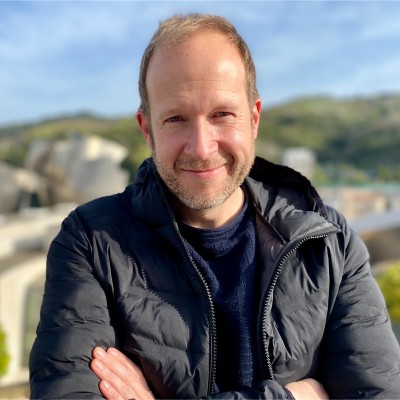
Seeing (a pre-registered protocol) is believing, Miguel A. Vadillo, Associate Professor at Universidad Autónoma de Madrid, Director of the Cognition, Attention, and Learning Lab (CALL)
Date: 2024-05-07, 14:00h UTC+2
Speaker: Miguel A. Vadillo, Associate Professor at Universidad Autónoma de Madrid, Director of the Cognition, Attention, and Learning Lab (CALL)
Title: Seeing (a pre-registered protocol) is believing
Abstract:
How much confidence should you put on a particular hypothesis if p < .05? From a rational point of view, the credibility of a scientific finding depends on three parameters: a) the prior likelihood of the hypothesis being true, b) the probability of a significant result if the alternative hypothesis is true, and c) the probability of a significant result if the null hypothesis is true. Unfortunately, (a) is largely subjective. (b) and (c) cannot be properly estimated with the information typically reported in scientific papers, but meta-scientific studies suggest that there are reasons to be pessimistic. Psychological research is often underpowered, which means that (b) is too low, and everything suggests that many significant findings could be the result of questionable research practices, casting doubt on (c). When we read a non-registered study, we can never know if the result is reliable or if the data were simply “tortured until they confessed”. The crucial contribution of pre-registration is that it ensures that the false positive rate is not inflated by questionable research practices or selective reporting. Furthermore, pre-registration forces researchers to plan their sample size based on a formal power analysis, ensuring that (b) is sufficiently large. As a result, in this talk I will defend that it is logical to put more faith in pre-registered studies than in non-registered research. Although non-registered research is not without value, pre-registration is definitely worthwhile.
Biography:
Miguel Vadillo is associate professor at Universidad Autónoma de Madrid, where he coordinates the Cognition, Attention, and Learning Lab (CALL). He is also the current president of the Spanish Society for Experimental Psychology, member of the ethical review board at UAM, and member of the scientific committee of the National Research Agency. His research is focused on statistical problems in research on implicit learning and other unconscious mental processes and also on meta-analytic methods for the detection of biases in scientific research.
https://mvadillo.com/
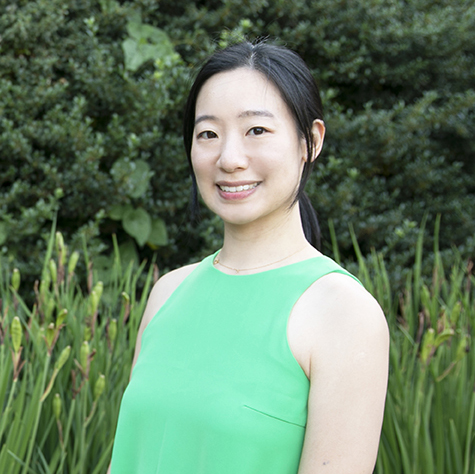
Feeling and Perceiving with New Sensory Languages, Yeseul Song, Assistant Arts Professor at New York University Tisch School of the Arts’ Interactive Telecommunications Program / Interactive Media Art
Date: April 24th, 2024, 16:00h UTC+2
Speaker: Yeseul Song, Assistant Arts Professor at NYU ITP/IMA (New York University Tisch School of the Arts’ Interactive Telecommunications Program / Interactive Media Arts)
Title: Feeling and Perceiving with New Sensory Languages
Abstract:
Can you trust something that you can’t see? When an object does not have a form but is perceivable, does that object “exist”? How can we collectively perceive something that exists in-between our bodies?
The current technoculture relies heavily on vision, and the dominance has become even stronger with the advent of screen-based digital technologies. On the other hand, our vision is limited—sighted humans can only see a sliver of the whole electromagnetic spectrum (wavelengths from about 390 to 700 nm) and most of the waves around us including radio waves, microwaves, X-rays, and “energy” are completely invisible to the human eye. What are we missing when seeing becomes our foremost sense in how we are perceiving the world
Since 2018, Yeseul Song has been studying the negative space of visual senses and creating artistic non-visual sensory languages that are imaginative and accessible. Based on her research on technology and perception, she has created interactive artwork that inspired people from all over the world. To name a couple, Invisible Sculptures (2018-2021) is a series of sculptures that can be “seen” through senses other than vision. Two Subtle Bodies (2022) is an interactive auditory experience where two strangers experience each other’s peripersonal space through the sound. In this talk, she will share her artistic research in hybrid and alternative ways of feeling and perceiving.
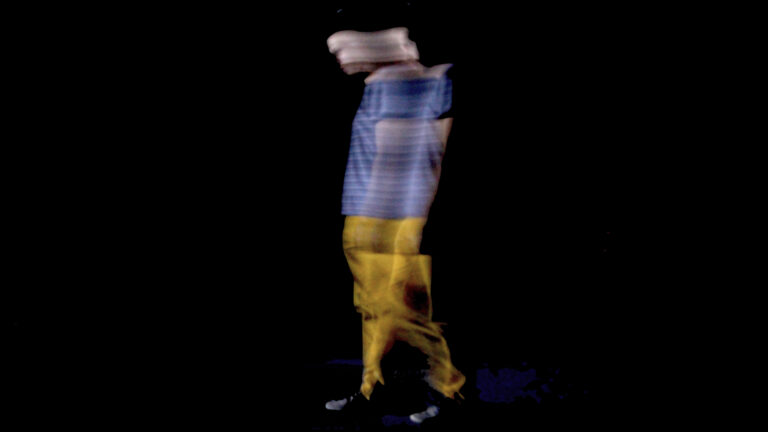
Both sides of the mirror, the self as other and the other as a self, Marte Roel Lesur Universidad Carlos III de Madrid
Date: 14/02/24, 15:00
Speaker: Marte Roel Lesur, Universidad Carlos III de Madrid
Title: Both sides of the mirror, the self as other and the other as a self
Abstract: In a medieval fable, the sun goes on a journey to find its source. The moon is left weeping without her lover’s warm gaze. The sun’s identity, devotedly offered in the mirror of moonlight, is sought elsewhere. Indeed mirrors, once among alchemists’ best guarded secrets, have carried powerful capacities since antiquity. One’s reflection is a window into how others perceive us: a rupture between ourselves as subject and object of experience. In this survey, mirrors become an allegory for the complexities of selfhood. From the lenses of psychology, neuroscience, art, and technology, the multisensory dimensions of the internal, the external, and the mutual, are delved into. From obsidian relics to dark magic algorithms capturing one’s essence to render immersive mirages, we will take a walk into the obscure space beyond our reflection.
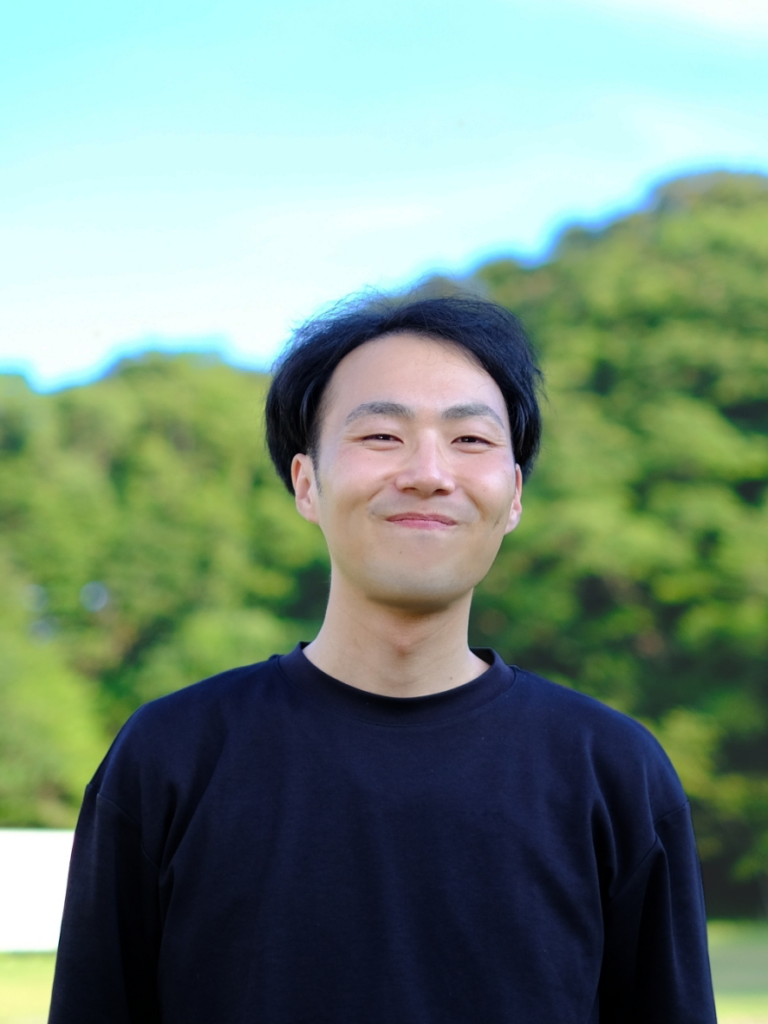
Does voluntary auditory spatial attention exist in depth plane?, Kiichi Naka,Institute of Industrial Science, the University of Tokyo, Japan
Date: 29 January 2024
Speaker: Kiichi Naka,Institute of Industrial Science, the University of Tokyo, Japan
Title: Does voluntary auditory spatial attention exist in depth plane?
Abstract:
We hear our surroundings in everyday life. From the surroundings where various sounds are, we voluntarily control selective attention to sounds, that is endogenous auditory spatial attention, to achieve our current goals. Many researchers have reported nature of endogenous auditory spatial attention in a horizontal plane, however, there is little research focusing on a depth plane in endogenous auditory spatial attention.
In this seminar, I mainly discuss the existence of endogenous auditory spatial attention in the depth plane. I show an experimental result that indicates we can control auditory spatial attention in the depth plane. Moreover, the potential for the application of auditory spatial attention characteristics in the depth plane is mentioned.
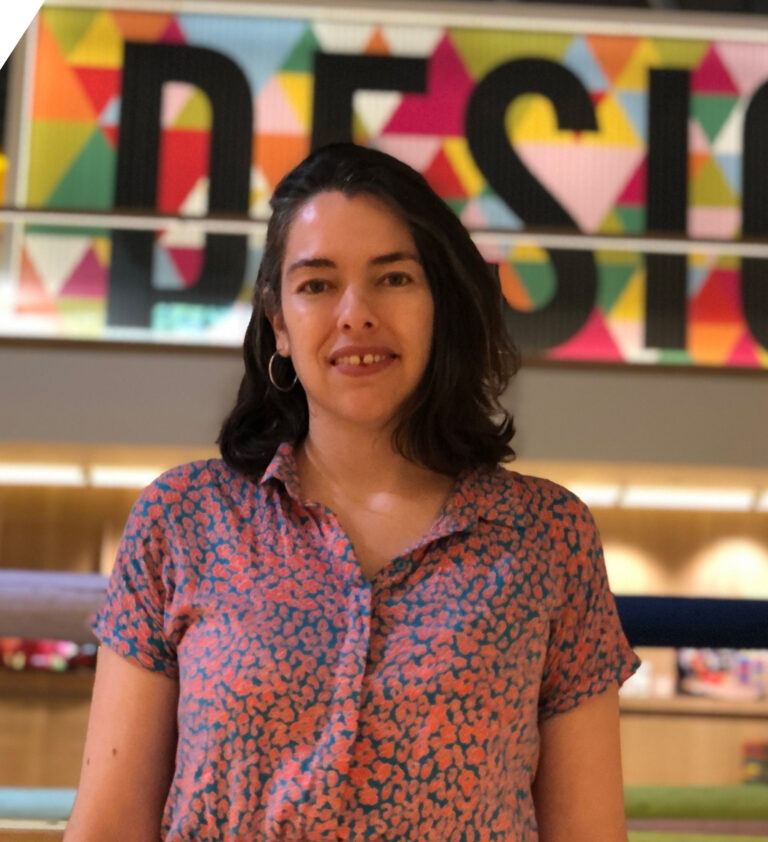
Perception of extra body parts & body part weight. Denise Cadete, PhD student at the Body Representation Lab, Birkbeck University of London
Date: 22 November 2023
Speaker: Denise Cadete, PhD student at the Body Representation Lab, Birkbeck University of London
Title: Perception of extra body parts & body part weight
Abstract: In everyday life, we have a constant and reliable experience of our own bodies. However, the perception of our body can be instantly altered using multisensory illusions or Virtual Reality. This flexibility is not restricted to the human body configuration, with recent studies showing we can also feel extra body parts. In the first part of the presentation, I will present the six finger illusion and what our findings tell us about how supernumerary body parts are represented in the brain. We will make a case for the independence and flexibility of how we represent extra body parts, also aiming to determine what are its limits.
In the second part, I will introduce our studies looking into how we perceive the weight of body parts. Perception of object’s weight has been studied for over a century, however little is known about weight perception of body parts. A recent study of our lab showed that we systematically and dramatically underestimate hand weight by 49% (Ferrè et al., 2023), an effect we called weightedness, for how light we experience body parts, on Earth. We further investigated how perceived hand size changed felt hand weight, and in another study we looked at perceived hand volume. We will propose a model of constant density in the perception of body part weight.
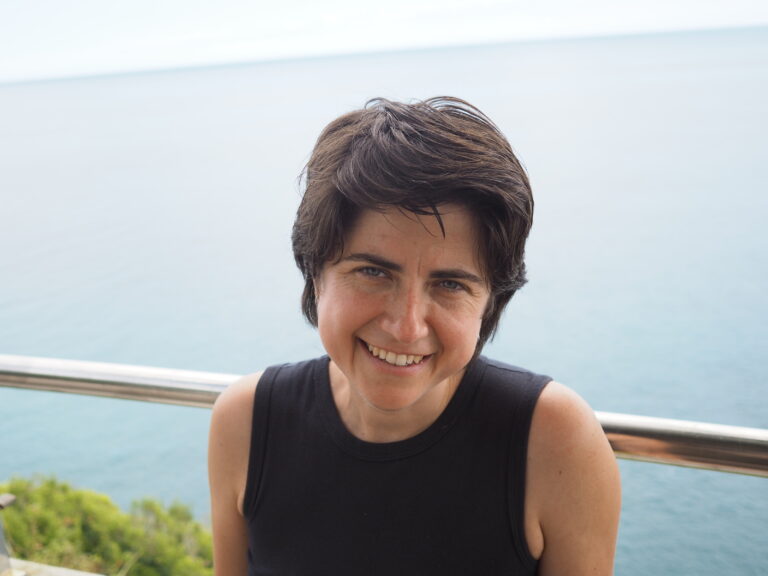
The Gender Perspective in Tech Research, Lídia Arroyo Prieto, Gender and ICT Research Group, Universitat Oberta de Catalunya (UOC)
Date: 25 October 2023
Speaker: Lídia Arroyo Prieto, Gender and ICT Research Group, Universitat Oberta de Catalunya (UOC)
Title: The Gender Perspective in Tech Research
Abstract: The seminar have the goal to introduce the key issues on the incorporation of the gender perspective in tech research. It is also an invitation to the interdisciplinar dialogue between social science and technological and nature science.
Biography:
Lídia Arroyo is a researcher at Gender and ICT Research Group (Internet Interdisciplinary Institute- Open University of Catalonia) and she is also an Associate Professor at Autonomous University of Barcelona (UAB). She is the Principal Researcher of the project “Open Data Portal & Research on the incidence of occupational segregation on COVID-19 prevalence from a gender gender intersectional approach”. and she has coordinated the transnational study “Skills and Organizational Elements for Social Digital Inovation” from +RESILIENT project. She is also involved as a researcher in European projects on gender and science (GenPORT, ACT, EFFORTI). She has been a visiting research fellow at Área de Género, Sociedad y Políticas (FLACSO-Argentina) and the Fondation Travail-Univeristé (FTU-Namur)- Unversity of Namur (Belgium). Her researches, based on mixed methods, focus on gender, work and ICT and prevention of gender violence in young people. In 2011, she was awarded the Young Sociologist Prize from the Associació Catalana de Sociologia- Institut d’Estudis Catalans. Currently, she is the representative of data group of the Gender Equality Observatory (Generalitat de Catalunya). Community Manager of the following EU Projects GenPORT (https://twitter.com/GenderPORTal), ACT (https://twitter.com/ACTonGender) and CASPER (https://twitter.com/CasperGender).
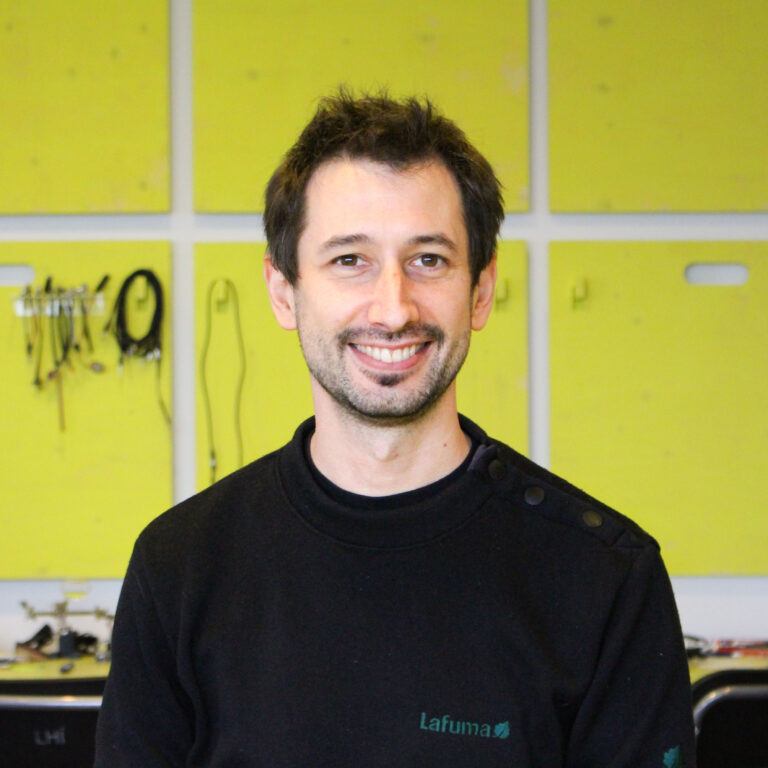
Nicola Privato, Intelligent Instruments Lab
Date: 04 October 2023 at 12:00 Hrs. Madrid, 10:00 Reikiavik
Speaker: Nicola Privato,
PhD Researcher at Intelligent Instruments Lab
Abstract:
The Intelligent Instruments Lab is an ERC-funded project in Reykjavik, Iceland. At IIL we explore how creative intelligent technologies are shaping our understanding of the world and our social interactions. We use music as the ideal ground for our research as it is a place of intimate, first-person interaction with technology as well as a complex social experience.
My work at IIL focuses on building new interfaces and compositions that facilitate the understanding of AI algorithms and suggest playful musical interaction.
In this talk I will walk you though my first year at IIL, explore concepts such as Explainable AI, Embodiment, Agency, and on how these might be contextualised through the building of interfaces for Neural Synthesis models, through musical practice, sound spatialisation and participatory art.
Nicola Privato is a PhD researcher at IIL. His academic background is in Jazz studies, electronic music composition and linguistics. He performs both as a jazz guitarist and as an electronic musician, using self-built instruments and AI-based software. Formerly director of Keptorchestra, an Italian cultural association dealing with improvised music as a cultural catalyst, he has been incorporating participatory practices both in his works and as a curator.
His current research at IIL is on AI explainability and its framing within the sociality of musical practices.
www.nicolaprivato.com
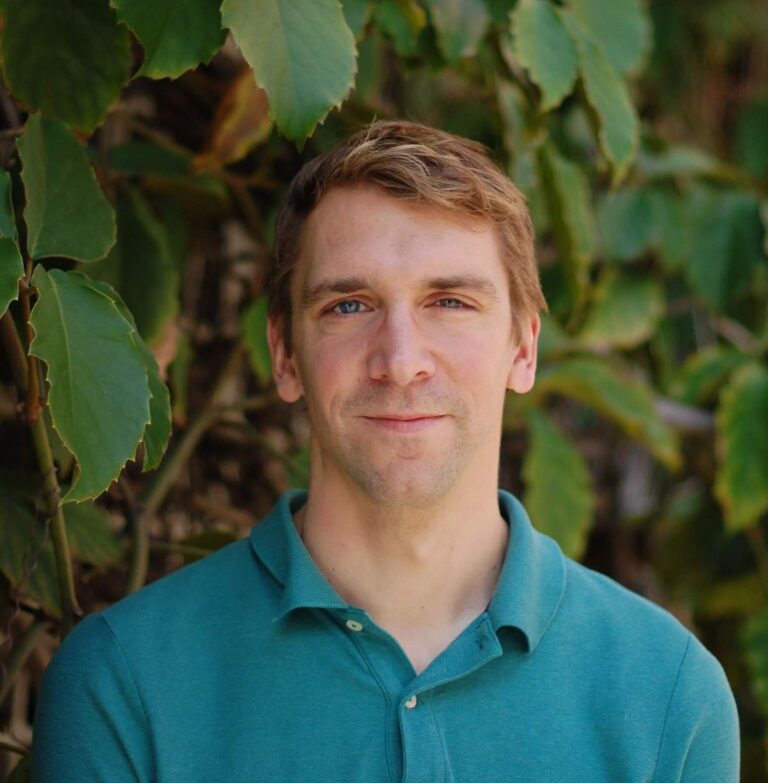
Dr. Pawel Tacikowski, University of Coimbra, Portugal
Date: 5 July 2023 at 2 pm
Speaker: Dr. Pawel Tacikowski, University of Coimbra, Portugal
Title: “The link between self-concept and own body perception”
Abstract
What makes us who we are? Is it the body we wake up in every morning and use as a “vehicle” throughout our daily activities? Or is it a collection of thoughts and beliefs about ourselves as individuals with specific skills, traits, and social identities? If it is a combination of the two, how would a unified sense of self emerge from such a fusion of conscious beliefs and bodily perceptual experience? In this talk, I will present a series of behavioral experiments where we used multisensory “body-swap” illusions to show that the perception of one’s own body dynamically shapes the content of self-concept, including gender identity. I will discuss the implications of these findings and future directions.
Bio
Pawel Tacikowski will soon start his Assistant Professor position at the University of Coimbra. He previously worked as an Assistant Project Scientist in the Cognitive Neurophysiology Laboratory at UCLA and as a postdoc in the Brain, Body, and Self Laboratory at Karolinska Institute. Dr. Tacikowski’s research focuses on how the human brain constructs a sense of self. His research aims to facilitate the development of new diagnostic tools and therapies for the atypical sense of self.
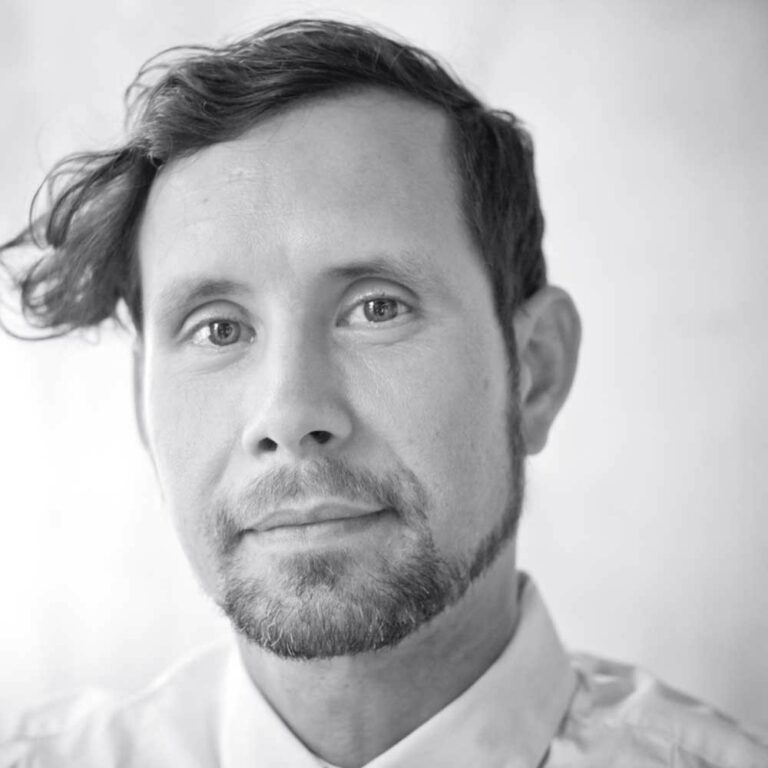
Philippe Pasquier (Simon Fraser) Metacreations Lab
Date: 26 July 2023 at 5 pm
Speaker: Philippe Pasquier, Associate Professor at Simon Fraser Unuversit
Abstract:
Creative AI is the scientific field that studies the partial or complete automation of creative tasks. Be it through the augmentation of existing creative software or through embedded real-time generation, these algorithms have a growing impact on creative practices. Creative AI will not take over the world, but it will certainly impact creators, students, educators, and the industry at large.
Now that generative algorithms have human-competitive skills for many creative tasks and are being deployed for professional and amateur alike, it is critical to evaluate and discuss the implications of such developments. We introduce challenges and opportunities arising through a series of examples of generative systems developed at the Metacreation Lab and experiments conducted with these systems. We will present interfaces for computer-assisted music composition, sound design, movement computing, generative animation and moving images, and discuss their common implications on creative processes and workflow. We will present results of evaluations conducted with the industry focusing on user experience, and technological acceptance, be it by creators or their audiences.
Bio:
Philippe Pasquier is a professor at Simon Fraser University’s School of Interactive Arts and Technology, where he directs the Metacreation Lab for Creative AI. He leads a research-creation program around generative systems for creative tasks. As such, he is a scientist specialized in artificial intelligence since 2001, a software designer, a multidisciplinary media artist, an educator, and a community builder. Pursuing a multidisciplinary research-creation program, his contributions bridge fundamental research on generative systems, machine learning, affective computing, and computer-assisted creativity, with applied research in the creative software industry, and artistic practice in interactive and generative art.
More about the Metacreation Lab: http://www.Metacreation.net
More about Philippe: http://www.sfu.ca/pasquier
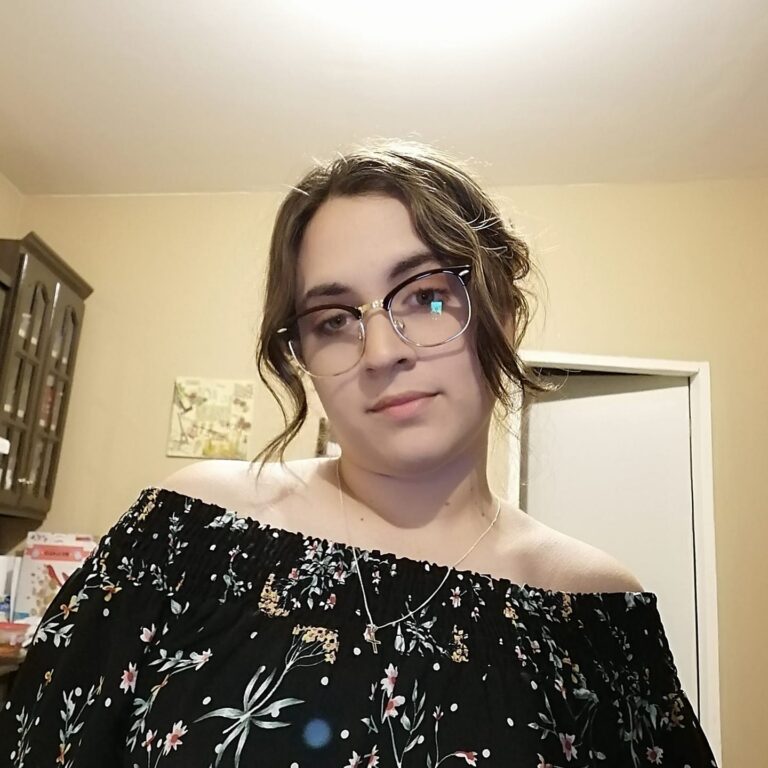
Movement sonification for body perception
Date: 26 May 2023 at 2 pm
Speaker: María Concepción Valdez Gastelum, 2nd-year Ph.D. Student (CICESE, MX)
Title: Movement sonification for body perception
Abstract:
Recently the body of work in interactive sonification has made the compelling argument that understanding how to sonify the characteristics of movement is important and can alter one’s own perception (Knudsen et. al., 2017, Frid et. al., 2018). The characteristics of movements can be classified into two types according to their dynamics and qualities. Movement dynamics are the most commonly used characteristics and are related to the shape and trajectory of the movement, including examples like position, size, acceleration, and direction. In contrast, movement qualities refer to movement’s temporal and expressive aspects, including fluidity, contraction index, force, and velocity.
In this seminar, I will be presenting a case study where we explored the use of dynamics-based sonification to alter body and flexibility perception during yoga practice. Additionally, I will discuss the development of a movement-tracking algorithm designed to detect movement qualities during dance practice, with the aim of identifying abnormalities in movement behavior that may indicate concerns related to body image.
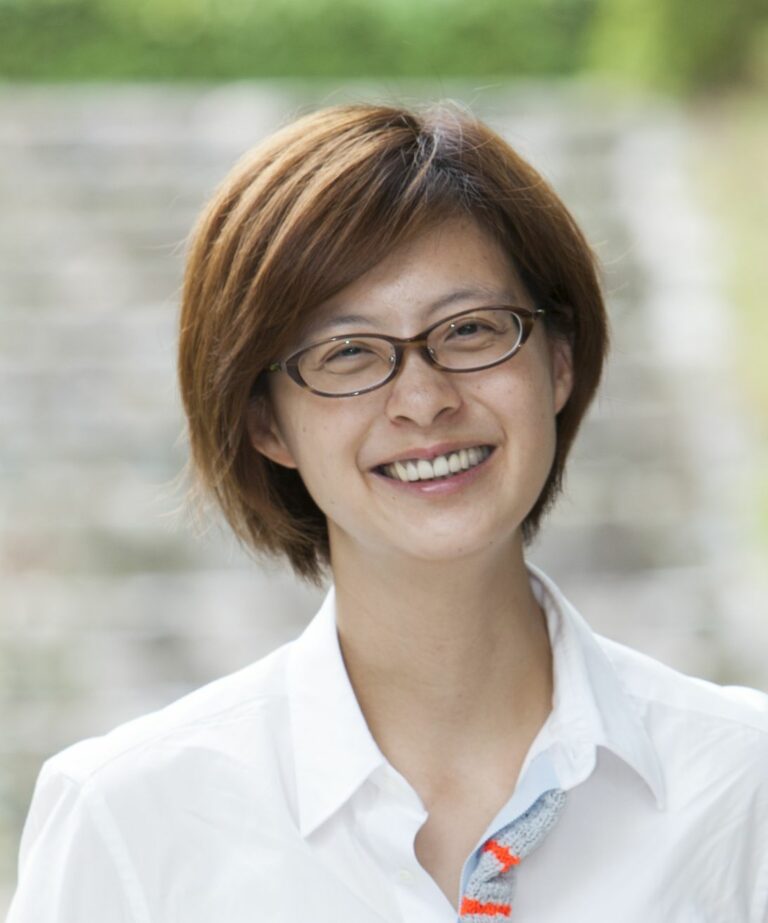
Touch for Material Recognition and Affective Communication
Dr. Hsin-Ni Ho, Kyushu University, Japan
Title: “Touch for Material Recognition and Affective Communication”
Touch is essential to our lives, playing crucial roles in both material recognition and affective communication. In recent years, haptic information presentation has gained traction in the fields of Human-Computer Interaction and Virtual Reality. In this presentation, I will discuss my research on utilizing touch to enhance material recognition and facilitate affective communication. My aim is to provide the audience with a fundamental understanding of haptics and spark interest in further research within this domain.
